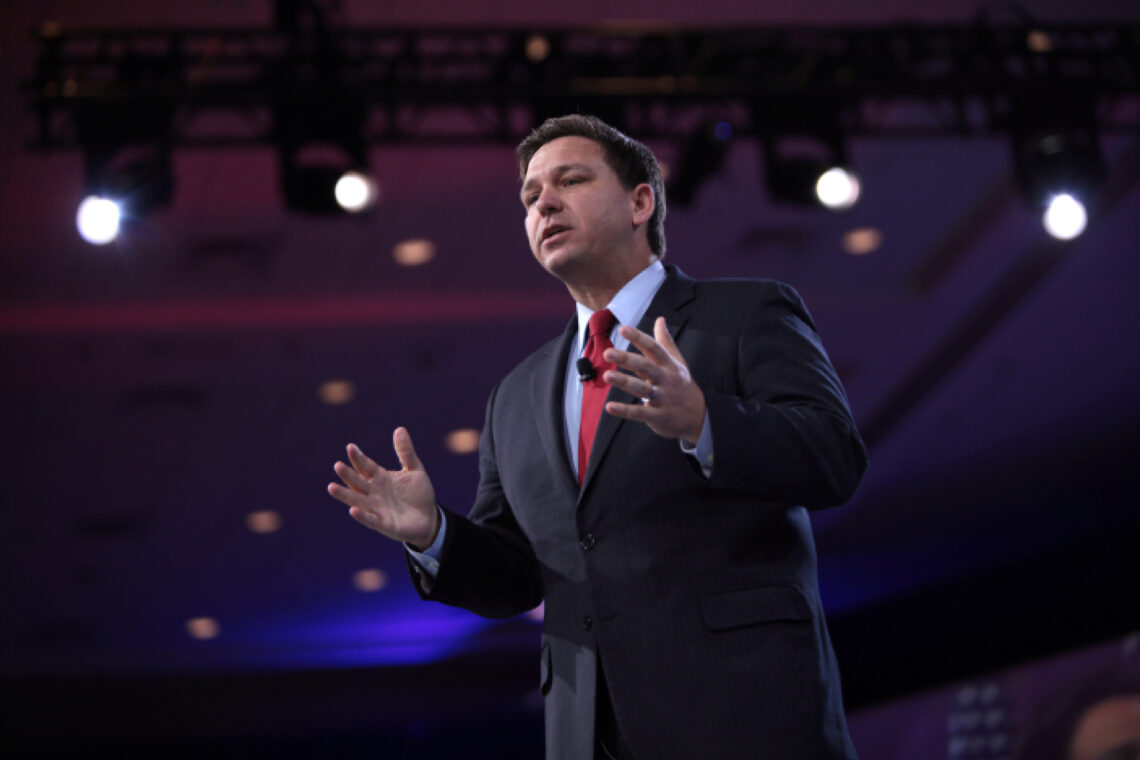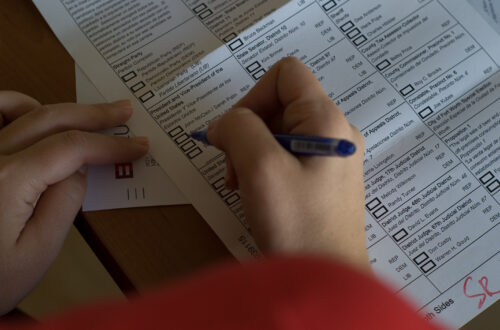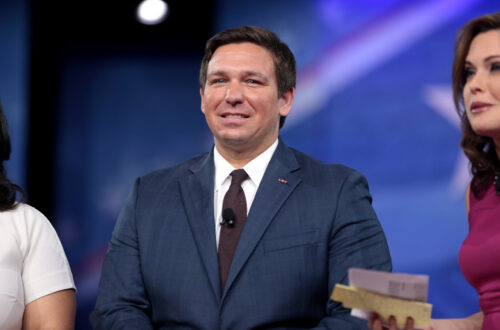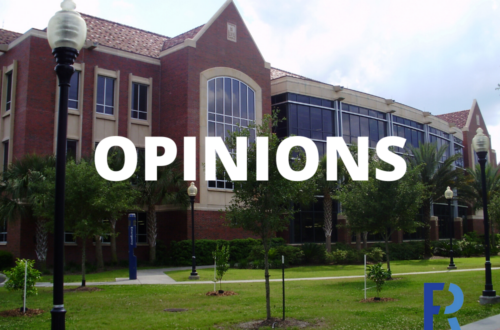On May 3, Gov. Ron DeSantis moved to suspend all COVID-19 restrictions in Florida, per Senate Bill 2006 regarding emergency management. This executive order is effective starting July 1, after which this law will completely nullify all coronavirus-related limitations across the state.
Florida is one of the 30 states in the nation to be fully open with no active mask mandate at this time. In comparison, other states are either continuing to evaluate their reopening criteria or are open with certain COVID-19 restrictions remaining in place.
As of May 13, the new guidance recommended by the Centers for Disease Control and Prevention asserts that fully vaccinated people can “resume activities without wearing masks or physically distancing” unless stated otherwise by local and state regulations.
Considering that 50% of Americans and 48.8% of Floridians have received at least one dose of a COVID-19 vaccine, DeSantis’s move to open Florida completely is premature. The vaccine, albeit highly efficacious, is purely a vehicle for attaining population immunity, which is still out of reach. The state would need to reach 70–90% full vaccination to provide a sense of community protection.
DeSantis posed the question, “If we have widespread vaccinations that are over 99% effective, what’s the evidence basis for somebody to wear a mask now?”
On the other hand, the prematurity of Florida’s reopening can be refuted by persistent skepticism about the likelihood of achieving population immunity. Public health experts express distress in that “the U.S. is unlikely to reach herd immunity,” and that the virus will instead become “a manageable threat.”
Reasons include the emergence of new variants as well as widespread vaccine hesitancy. On a microcosmic level, if these concerns apply to Florida as well, it is not worthwhile to wait for population immunity. Plus, the epidemiological trends of this virus and the probability of community immunity are difficult to predict. The ambiguity creates a complex situation when it comes to determining a correct timeline for opening up, if there is a correct answer at all.
DeSantis emphasized how he “refused to take the same approach as other lockdown governors” throughout this pandemic. He claimed that his new executive order will ensure that “local governments cannot arbitrarily close [our] schools or businesses.” His statement essentially negates the underlying justification of closing government operations, suggesting that previous COVID-19 restrictions were uncorroborated. By labeling COVID-19 lockdowns as “arbitrary,” DeSantis implied that they were baseless rather than guided by science.
DeSantis continues to reiterate Florida’s lead role in the nation’s overall progress toward post-pandemic behavior. He stated that there are “thousands and thousands of people who are seeking to leave the lockdowns for the greener pastures in Florida” and referred to the Sunshine State as a “beacon of light to those who yearn for freedom.”
State Rep. Fentrice Driskell, D-Tampa, communicated that DeSantis appears to be “moving in the wrong direction with the suspension of emergency orders.” Critics note that DeSantis’s recent decisions have propelled him further “among the GOP grassroots” and have fortified him in the context of a potential presidential bid.
Alongside the disintegration of all COVID-19 restrictions, DeSantis enacted an executive order “blocking any business or government entity from requiring proof of COVID-19 vaccination.” Combined with the updated CDC guidelines regarding mask mandates, banning vaccine passports introduces newfound uncertainty. There is a widening divide between Florida and other states that are comparatively more cautious of COVID-19. Ultimately, DeSantis’s decision places individuals on different pages as they navigate pandemic-related fluctuations, accentuating the politicization of the virus.
While DeSantis proceeds on the path of opening the floodgates and galvanizing the support of the GOP, public health debates are only growing in complexity. Florida’s retirement from a state of emergency puts the pandemic into a different perspective. The upcoming summer months will likely reveal the impact of recent changes on COVID-19 infection and hospitalization rates.
Check out other recent articles from Florida Political Review here.
Featured Image: Gov. Ron DeSantis speaking on stage. (Unmodified photo by Gage Skidmore used under a Creative Commons license. https://bit.ly/3bVw5or)





